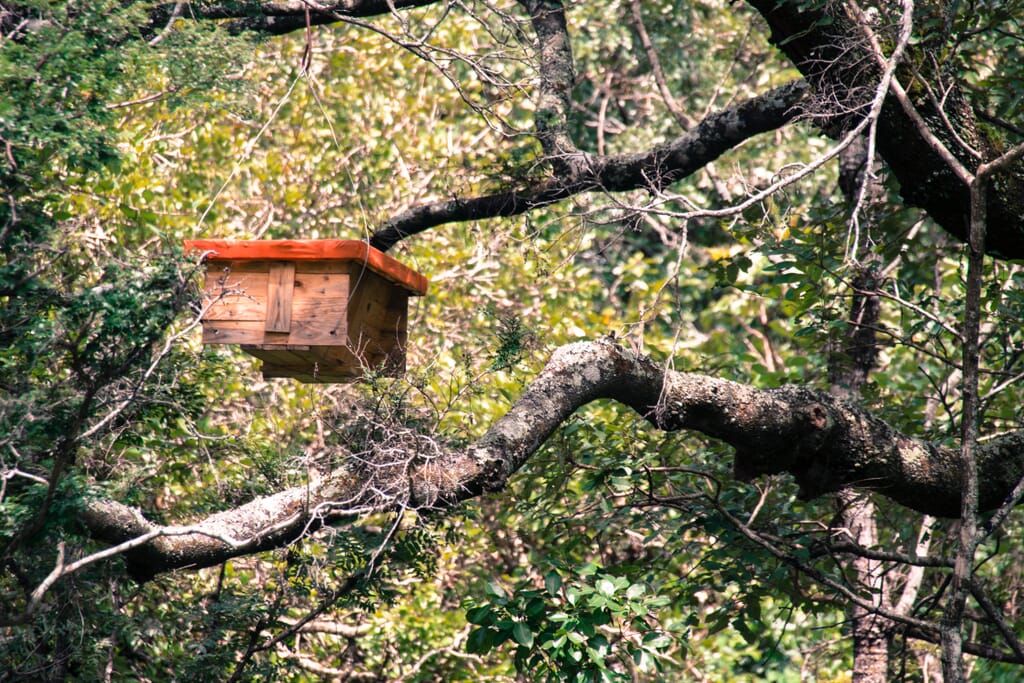Beekeeping has been a livelihood in Zambia for centuries through the use of traditional bark beehives and hunting for wild honey. But with the increasing growth in the market for Zambian honey, these techniques are becoming more and more destructive to rural Zambian ecosystems.
Communities enter Game Management Areas (GMAs) in order to cut trees for wild honey or strip trees of their bark in order to construct bark beehives. These methods are not sustainable, which is why BCP has partnered with Nature’s Nectar, a social enterprise aiming at producing Zambia’s most sustainable honey with communities living directly near conservation areas and national parks.
Providing a sustainable income to 522 beekeepers and their families across both of our project areas (256 of whom are female farmers), the farmers have just produced their first honey harvest, which has yielded a total of almost 7,000 KGs of honey!

“I started beekeeping last year and I have benefited a lot from the partnership of Nature’s Nectar with the community as they offer premium prices for honey purchases and I have been able to get farming inputs from my sales of honey. I further ask the partnership to continue as it will empower more households in the chiefdom”.
Esnart Mwanza Njobvu, Beekeeper in Mkhanya Chiefdom.

Nature’s Nectar, a Zambian NGO, works with these communities in order to provide sustainable top bar beehives that do not extract wood from the local forest but provide an incentive to protect it. It is the goal of BCP and Nature’s Nectar to provide a minimum of 25,000 top bar beehives to communities and provide a premium market to all farmers producing honey, as part of our mission towards creating sustainable and climate-friendly livelihood alternatives for our community partners.
If you would like to find out more about BCP, or find out how your organization can partner with us on our ambitious journey to reach over 3 million people and conserve up to 30 million acres of forest in Africa please contact us at: hello@biocarbonpartners.com
